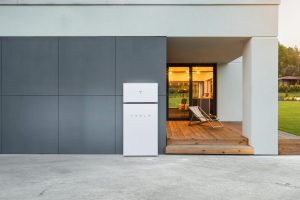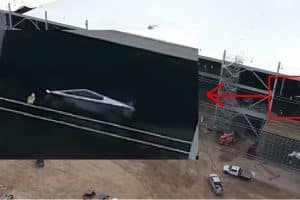Just a few weeks since it was formally opened, Tesla’s Gigafactory Berlin was faced with its first potential crisis: a water-polluting liquid leak. But according to experts and the State Environment Agency, there is no danger to the environment as Tesla followed the necessary protocols to ensure that the substance was properly handled.
Local reports noted that the leak happened in Giga Berlin’s paint shop. While filling a container in the paint shop, the substance escaped on Monday evening because a valve was not completely closed, according to spokesman Thomas Frey. The substance was fully caught and gathered in a collection tank at Giga Berlin, and it was later pumped out by an approved waste disposal company.
“No water-polluting liquid escaped into the open air or into the ground. There was no danger to the environment or the neighborhood,” the spokesman said.
The spokesman added that the water-polluting liquid was taken to an approved backup tank in the disposal company’s facilities. A smaller amount of the substance was also absorbed with binding agents. Considering the risk presented by the liquid, Tesla duly responded by utilizing the services of a specialist company. The water authority of the Oder-Spree district was also made aware of the incident.
The Strausberg-Erkner water association, however, criticized how the incident was handled. Spokesperson Sandra Ponesky argued that the water association should have been informed of the leak.
“We are surprised that we did not know this and were not included in the reporting column. These substances flow, but the information does not flow. We need this information to ensure the safety of the drinking water service in the event of an accident and to be able to assess pollutant inputs in the sewage system,” Ponesky said.
Tesla’s Gigafactory Berlin formally opened its doors on March 22. So far, the facility is only producing the Model Y, one of Tesla’s most popular vehicles to date. It’s not just electric cars that will be built at the Giga Berlin complex, however, as Tesla would also be producing 4680 batteries on the site. Tesla Model Ys in Giga Berlin are currently produced with the company’s 2170 cells, but expectations are high that the all-electric crossovers will eventually be transitioned to 4680 cells, similar to the Model Ys produced in Giga Texas today.





